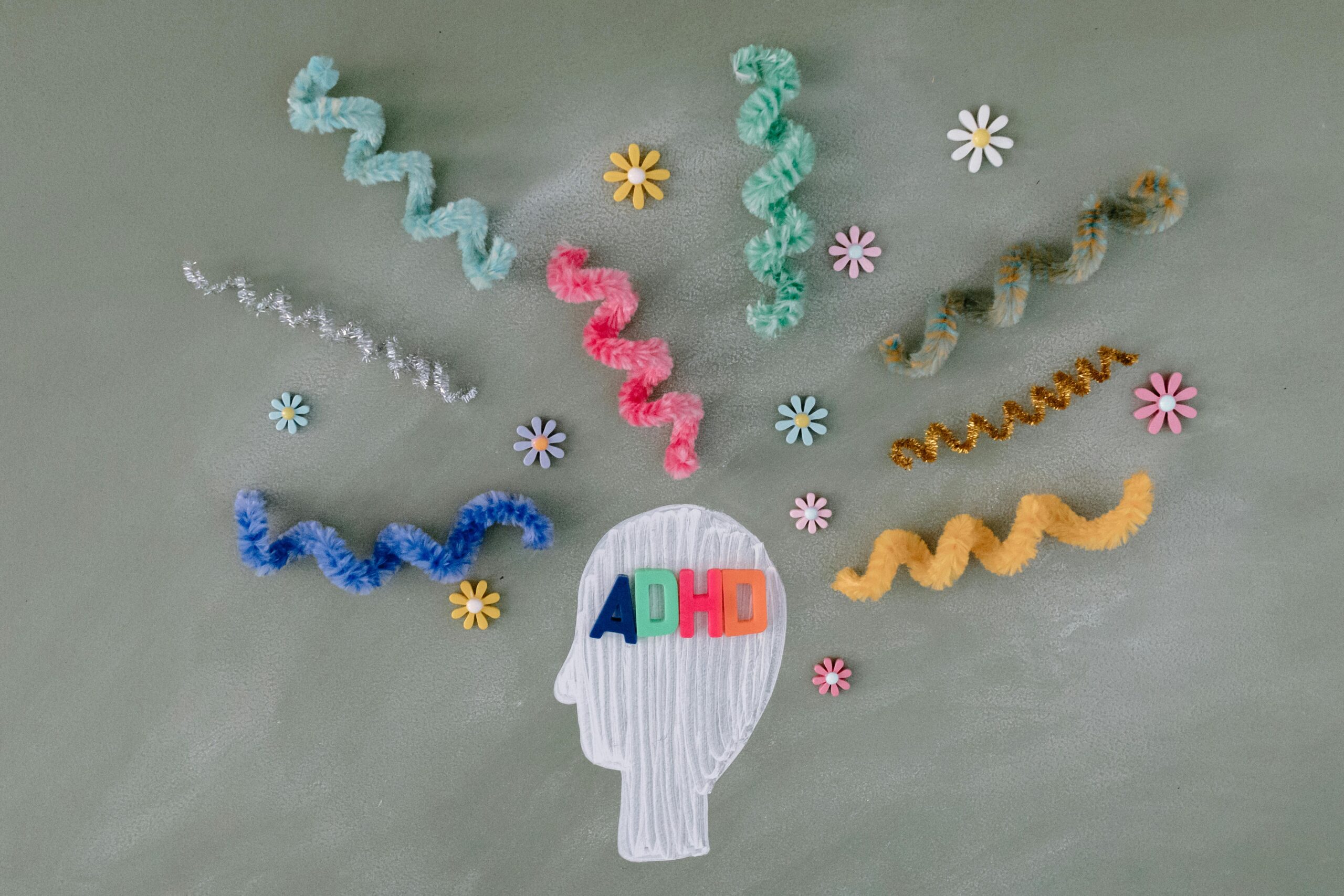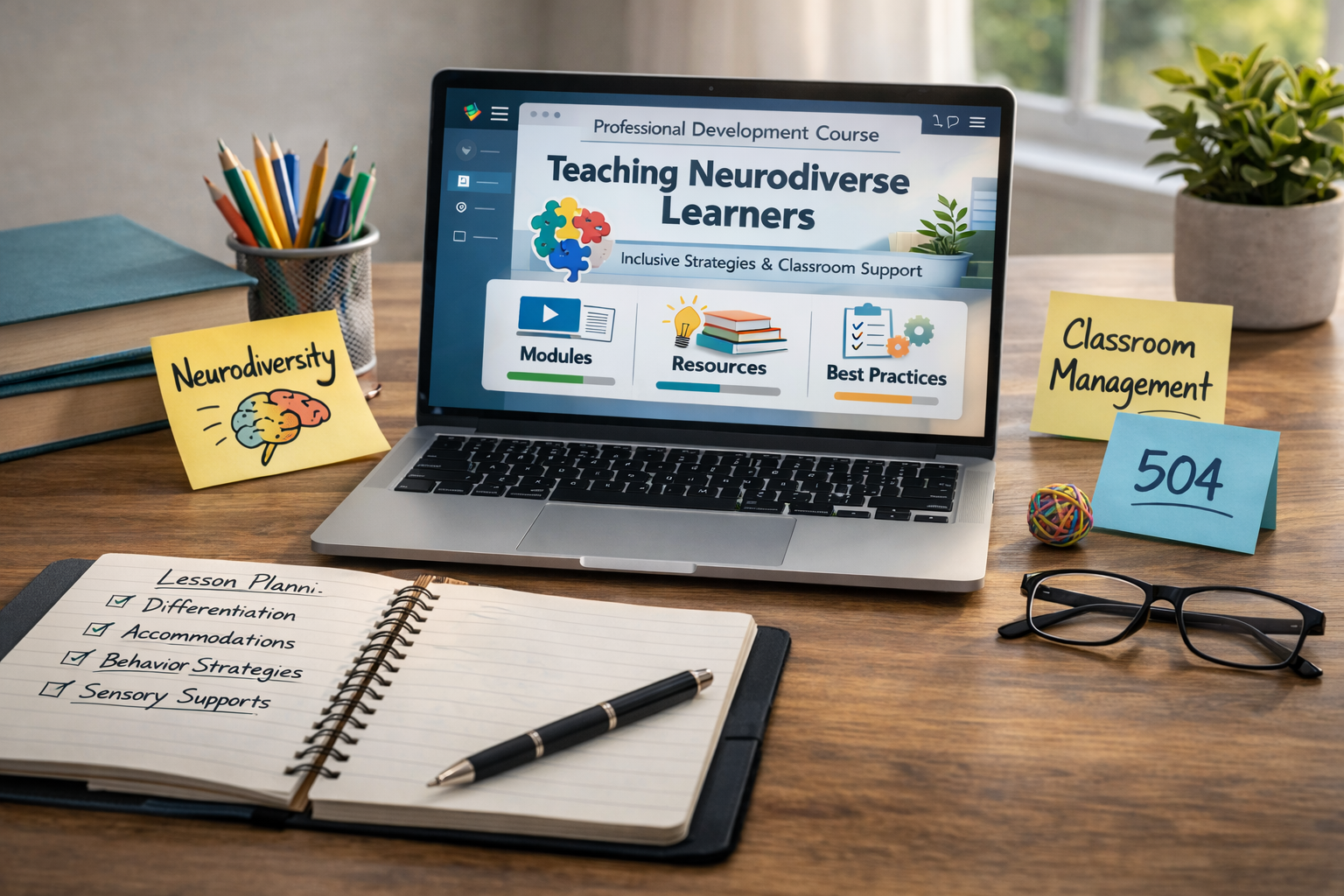Creating an Effective ADHD Nursing Care Plan: 5 Tips

ADHD is one of the most common mental health conditions in the United States, characterized by inattention, impulsivity, and impaired emotional regulation. With around 11% of young people between the ages of 5-17 being diagnosed and many taking medications or seeing therapists, nurses should be prepared to encounter ADHD in complex mental health situations. On top of that, 7% of adults also exhibit symptoms. That means healthcare professionals will need strategies to manage ADHD on its own and in parallel with illness and injury at any stage of life.
ADHD can also have a significant impact on a person’s life, putting them at risk for academic struggles, relationship challenges, difficulty establishing and maintaining financial security, and professional stress. With such a range of potential issues, it’s not surprising to see people with ADHD struggling with their health as well.
The care of an individual with ADHD demands a well-rounded approach that can speak to both the mental as well as physical experiences of the patient. Courses like The Family Tree of Comorbidities for Adults with ADHD can help nurses navigate neurodivergence more effectively and empathetically. An ADHD nursing care plan that supports the general characteristics of the condition and includes a person’s unique experience can make all the difference in creating successful outcomes.
Understanding ADHD
Attention deficit/hyperactivity disorder (ADHD) is a neurodivergent condition of the brain that impacts an individual's executive function. People with ADHD have difficulty controlling their focus and may also have hyperactive behavioral traits. However, hyperactivity alone is insufficient for an ADHD diagnosis, and it may not be present in some ADHD cases.
People with ADHD may have a different brain structure and chemistry than others, which often affects how they process reward and gratification. This can make it harder for them to stay motivated once the excitement of an activity has worn off, or if they perceive the activity as boring in the first place. Common traits of ADHD include hyperfixation, sensory overload, disorganization, forgetfulness, difficulty concentrating, and impulsivity.
The main culprits in ADHD are the neurotransmitters dopamine and norepinephrine. Dopamine is involved in reward, risk-taking, impulsivity, and mood, while norepinephrine modulates attention, arousal, and mood. The cause of these divergent characteristics is genetic, and people with a history of ADHD in their family may be at higher risk for developing it.
The Value of an ADHD Nursing Care Plan
Nurses are important members of the interprofessional team that provides care for patients with ADHD. They can assist with diagnosis, treatment, and support services. A nursing care plan for ADHD is important because it documents a patient's needs and the nursing interventions that will address them so they can have the most successful healthcare experience possible. It also helps establish continuity of care as part of the patient's health record.
An ADHD nursing care plan can assist in creating a structured environment, building a positive relationship with the patient, helping the RN set realistic goals, and supporting the teaching of self-monitoring skills. Here are the elements that should be included.
1. Behavioral Interventions
As neurodivergent people, patients with ADHD don’t always respond as nurses anticipate or as they might consider “normal.”. This means that, as partners in their care, it may be necessary to provide extra reinforcement of things like routine, attention to time, and completing tasks while not putting them at risk of becoming overstimulated.
- Collaborate with the patient and family to develop a structured environment and plan with consistent routines.
- Consider behavior modification strategies like positive reinforcement to promote desired behaviors.
- Teach and practice self-monitoring techniques. This could look like the use of checklists, timers, and visual cues to maintain attention and task completion.
- Explain the significance of breaks and physical activities to help manage hyperactivity and focus.
2. Medications
There are many effective medications available in the management of ADHD, and while nurses will not be the ones prescribing these medications, they often find themselves responsible for safe use and administration.
- Communicate with the prescriber to discuss appropriate medication regimens such as stimulants and nonstimulants based on the patient’s individual needs and preferences.
- Explain the intended effect of the medication with the patient and the importance of taking medications as prescribed.
- Monitor medication effectiveness and potential side effects while teaching the patient how to do the same. Report concerns to the prescribing healthcare provider.
- Educate the patient and their caregivers about the purpose, administration, and potential side effects of medications.
3. Teach Beneficial Social Skills
People with attention deficit hyperactivity disorder (ADHD) can learn and develop their social skills, but they may need help and guidance.
- Educate the patient on the benefit of group or individual counseling sessions to enhance interpersonal communication, impulse control, and conflict resolution skills.
- Facilitate role-playing, modeling, and guided discussions to promote empathy and self-awareness.
- Encourage participation in extracurricular activities or support groups to foster positive social interactions and peer connections.
- Talk to their family about the importance of maintaining social interventions beyond the acute phase of healing.
4. Explore Academic or Professional Support
People with ADHD can experience numerous challenges in school or their professional lives. Problems with time management, focus, organization, boredom, and completing tasks can feel overwhelming leaving a person with ADHD feeling paralyzed, and this can have a big impact on their success at school or work.
- Coach the patient and their family on the importance of collaborating with educators to develop individualized education plans (IEPs) that address the patient’s specific needs in the classroom.
- Examine the potential availability of accommodations to make their educational or professional environment more comfortable.
- Offer resources and support for time management, organization, and study skills.
- Talk to the patient and their family about the use of assistive technologies to facilitate learning and productivity.
5. Provide Information
Educating patients and their family members about ADHD and putting their challenges and emotions into words can be both validating and helpful in overcoming barriers to their success. Like all mental health challenges, providing as much information as possible and answering questions thoughtfully and professionally can help them take control of their situation.
- Provide comprehensive education about ADHD symptoms and frequent challenges.
- Educate the patient and caregivers about self-management strategies, stress reduction techniques, and the importance of routine.
- Emphasize the importance of healthy lifestyle choices like regular exercise, adequate sleep, and a balanced diet.
Create an Effective ADHD Nursing Care Plan
Nursing care plans for patients with ADHD help establish an important focus on promoting self-management skills, functional adaptation, and overall well-being. By developing an ADHD nursing care plan that implements evidence-based interventions and provides valuable information, these patients can experience better impulse control and improved executive function.
Being the best advocate possible for your patients begins with education, and Premiere is committed to making it easy for nurses to get the ADHD content they need. The Family Tree of Comorbidities for Adults with ADHD by Jenna Lapointe, Licensed Independent Clinical Social Worker, Mental Health Therapist, Betterhelp, and Megan Arbour, PhD, RN, CNM, CNE Associate Professor, Frontier Nursing University, ensures you’ll have a solid foundation for creating an ADHD nursing care plan. Crucially, this course focuses on the challenges of ADHD from an interprofessional perspective, and learners benefit from the insights of both a nurse and a therapist.
All courses by Premiere are developed by industry experts and ensure healthcare professionals can meet their professional obligations and advance their careers on a timeline that works for them.


.png)



